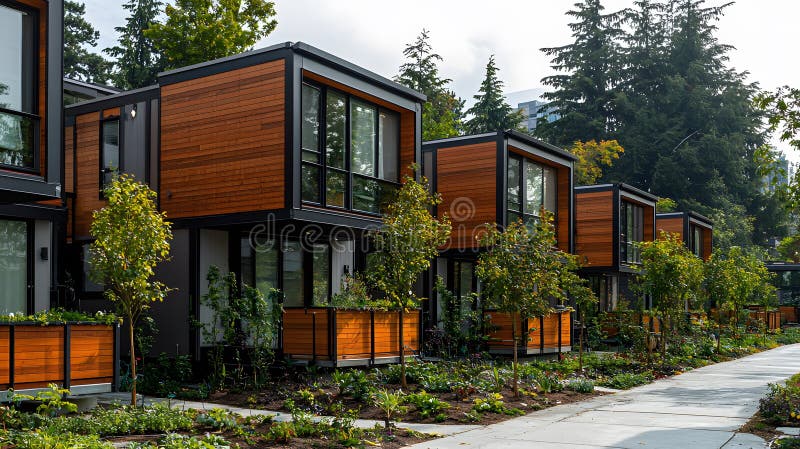
Transportation logistics for modular units: Importance and Strategies
In the ever-evolving landscape of home construction, Transportation logistics for modular units has emerged as a critical component. With the rise in popularity of modular homes, understanding the intricacies of their transportation is essential. These homes, known for their efficiency and sustainability, are built in sections or modules in a factory setting and then transported to the site for assembly. The process, while innovative, requires a well-coordinated logistics strategy to ensure success.

The Rise of Modular Homes
The concept of modular homes has gained traction in recent years. As people seek more sustainable and cost-effective housing solutions, modular units offer a viable alternative. Unlike traditional homes, which are constructed entirely on-site, modular homes are built in a controlled factory environment. This approach not only reduces waste but also speeds up the construction process.
Benefits of Modular Homes
Modular homes offer numerous benefits over traditional construction methods. They are typically more affordable, quicker to build, and environmentally friendly. Furthermore, the quality control in a factory setting ensures high standards are maintained throughout the construction process. For more insights on the benefits of modular homes, you can visit modular homes benefits.
Understanding Transportation Logistics
When it comes to transporting modular units, logistics play a crucial role. The transportation process involves moving large, pre-fabricated sections from the factory to the construction site. This requires careful planning and coordination to avoid delays and ensure the integrity of the modules.
Challenges in Transportation
Transporting modular units poses several challenges. The size and weight of the modules can make them difficult to move, especially over long distances. Additionally, navigating through urban areas or challenging terrains requires specialized equipment and expertise.
Key Considerations
There are several key considerations when planning the transportation of modular units. These include route planning, securing necessary permits, ensuring the safety of the modules, and coordinating with local authorities. For detailed guidance on preparing your site for modular home delivery, visit site preparation tips.
Strategies for Efficient Logistics
Efficient logistics strategies are essential for the successful transportation of modular units. By implementing best practices, companies can streamline their operations and reduce costs.
Route Optimization
One of the most important strategies is route optimization. By carefully planning the route, companies can avoid obstacles and minimize travel time. This not only reduces costs but also ensures timely delivery.
Collaboration with Local Authorities
Collaborating with local authorities is crucial for securing necessary permits and ensuring compliance with regulations. This helps prevent delays and legal issues during transportation.
Future Trends in Modular Transportation
The future of transportation logistics for modular units looks promising, with advancements in technology and infrastructure. Innovations such as GPS tracking, robotic assembly, and improved transport vehicles are set to enhance the efficiency and reliability of modular transportation.
The Role of Technology
Technology plays a significant role in the future of modular transportation. From design software to advanced tracking systems, technology is transforming the way modular units are transported and assembled. For more on the intersection of technology and modular design, check out technology in modular design.
Environmental Impact
As sustainability becomes a priority, the environmental impact of transporting modular units is under scrutiny. Companies are exploring eco-friendly transportation methods to reduce their carbon footprint. For insights on how modular construction contributes to sustainability, visit modular sustainability report.

Conclusion
In conclusion, transportation logistics for modular units is an essential aspect of the modular construction industry. By understanding the challenges and implementing efficient strategies, companies can ensure the successful delivery of modular homes. As technology and sustainability continue to evolve, the future of modular transportation looks bright.
FAQs
Q1: What are modular homes?
A: Modular homes are pre-fabricated structures built in a factory setting and assembled on-site.
Q2: Why are logistics important for modular units?
A: Logistics ensure the safe and timely transportation of modular units from the factory to the site.
Q3: How can technology improve modular transportation?
A: Technology can optimize routes, enhance tracking, and improve assembly processes, making transportation more efficient.
This article contains affiliate links. We may earn a commission at no extra cost to you.